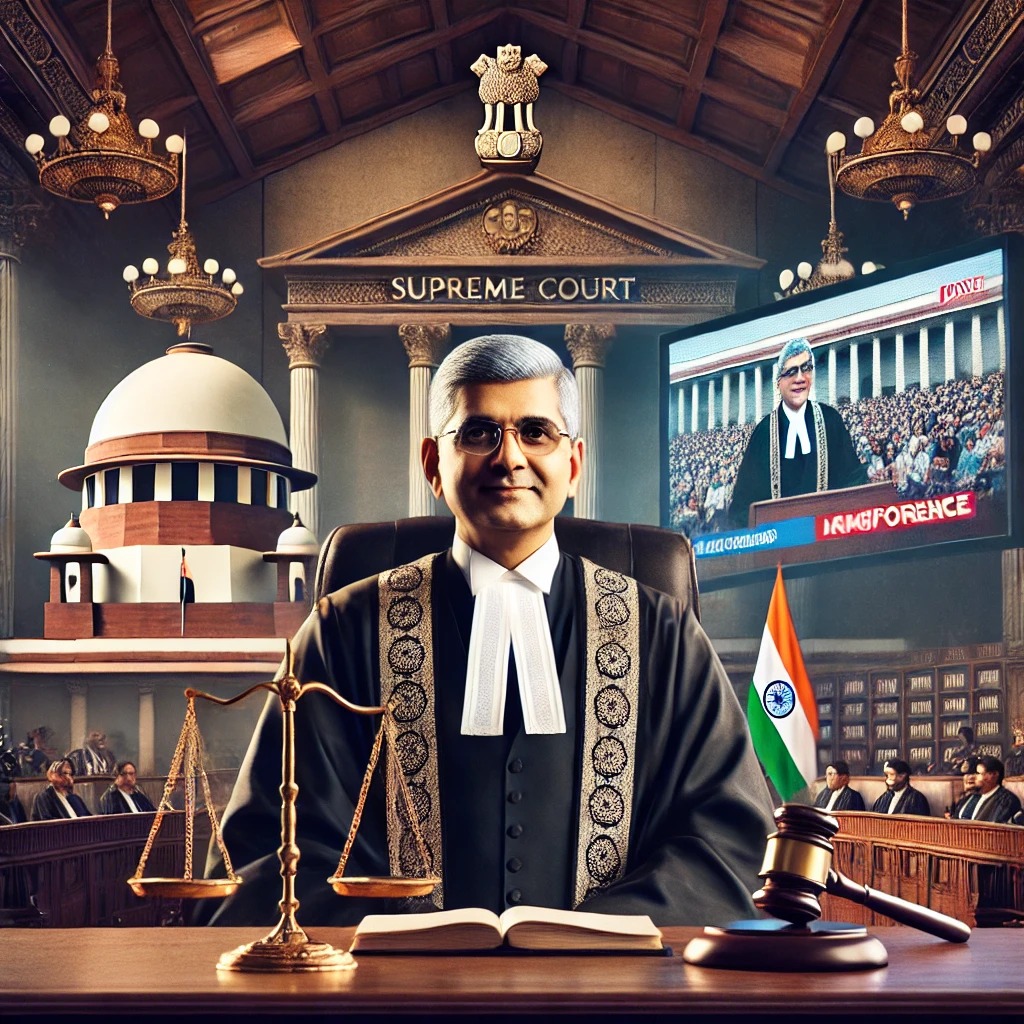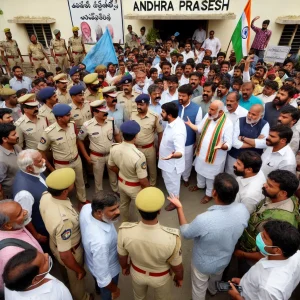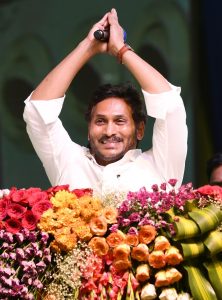
Former Chief Justice of India, D.Y. Chandrachud, recently spoke to BBC India about judicial independence, transparency, and key developments in the Indian legal system. Reflecting on his tenure, he highlighted the Supreme Court’s crucial role in ensuring justice while handling complex legal challenges.
One of his major initiatives was the livestreaming of Supreme Court proceedings to enhance transparency. Addressing concerns about judicial elitism, he pointed to the increasing presence of women in the lower judiciary, expressing confidence that this trend would extend to higher courts. Responding to claims of dynastic privilege due to his father’s legacy as Chief Justice, Chandrachud emphasized that his legal career was independent and noted that most judges and lawyers in India come from first-generation legal backgrounds.
On judicial independence, he strongly refuted allegations that India’s courts are politically influenced. He cited the Supreme Court’s role in granting bail and protecting civil liberties as evidence of its commitment to the rule of law. Dismissing The New York Times’ assertion that India was leaning towards a one-party state, he highlighted the electoral success of regional parties and the democratic balance at the state level.
Discussing key rulings, he defended the Supreme Court’s decision to uphold the abrogation of Article 370, asserting that it was always meant to be a temporary provision. While critics opposed Jammu and Kashmir’s reorganization, he noted that the Court had mandated a timeline for restoring democratic governance, which has since been implemented. Rejecting accusations of judicial submission to the executive, he maintained that the Court ensured democratic accountability.
On the Citizenship Amendment Act (CAA), Chandrachud clarified that the case was still pending, emphasizing that judicial review in India assumes the constitutionality of laws unless proven otherwise. He also defended the Court’s approach of prioritizing older constitutional cases while assuring that the CAA matter would be addressed in due course.
Regarding the Ayodhya verdict, he dismissed claims that personal beliefs influenced his judgment, stating that his decisions are rooted in impartial justice. He asserted that judges must separate personal faith from their rulings. Responding to criticism over his presence at a Hindu religious event with Prime Minister Modi, he explained that constitutional officeholders often engage in formal courtesies, which do not compromise judicial integrity.
Chandrachud reinforced the judiciary’s role as a guardian of constitutional values rather than an opposition to the government. His tenure saw significant rulings, including striking down the electoral bonds scheme, underscoring judicial independence. He concluded by reaffirming the Supreme Court’s dedication to justice, transparency, and constitutional democracy in India.




